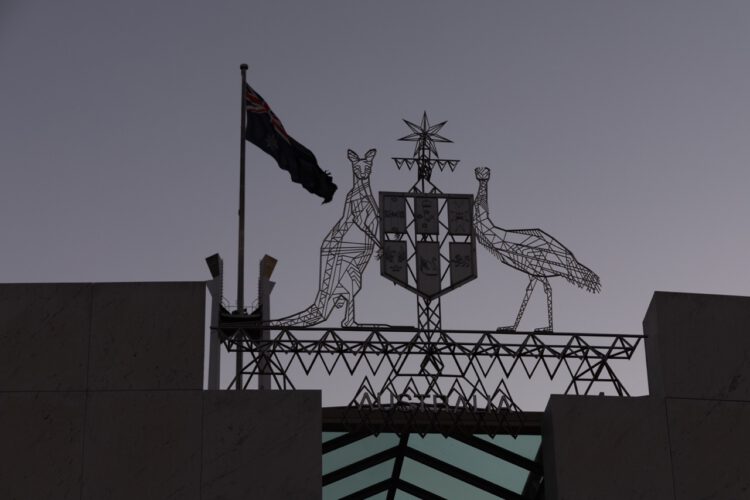What will Dutton do with the right to disconnect?
Australia’s Right to Disconnect laws are less than six months old.
They give workers the right to reasonably refuse calls, texts and emails from their boss outside normal work hours.
Given how new these laws are, there’s not yet much data available to measure their success … in terms of dollars and hours saved, or the mental and physical health benefits to workers.
Some unions and academics suggest they have, at least, provided greater awareness and communication between employees and employers about hours/expectations/pressures … and that payment for hours which used to be performed for nothing has provided much-needed cost-of-living relief for families.
The Australia Institute will publish an updated report later this year on how many hours of unpaid overtime the average worker performs in Australia.
The most recent data, released in November ahead of Go Home On Time Day 2024, and captured just after the laws came into force, found the average worker was doing five weeks’ unpaid overtime a year, which was costing employees a total of $91 billion annually.
The laws are due to be expanded to small businesses (fewer than 15 workers) in August this year.
But will the Right to Disconnect even exist by then?
One year ago today, Opposition Leader Peter Dutton told Andrew Clennell in a Sky News Sunday Agenda interview he’d repeal the Right to Disconnect laws, if elected.
We’re not sure if it was a thought bubble in response to a tough interview question (like when he pledged to hold a second voice referendum, which he walked back a few days later) – we’ve hardly heard a peep from the coalition on this subject since.
